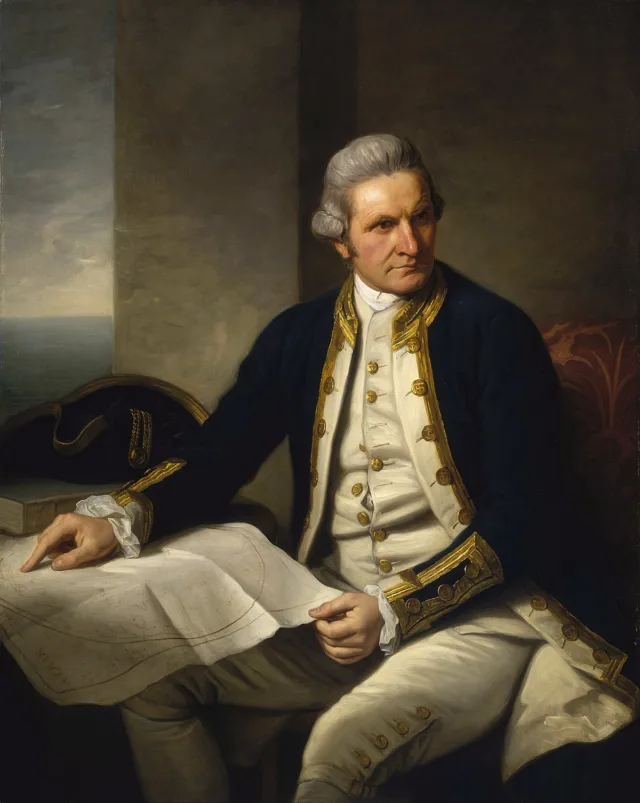From Publishing Perspectives:
This month’s column describes Mensch Publishing’s transition from a mixture of traditional print and distribution to a wholly digitally driven model.
The Downsides
Change is hard and frequently expensive.
The files I’d created for the traditional route and held by my publishing partner were, it turned out, formatted to the first, normally hardback edition. This master file was used to hold any corrections or changes.
In moving to a print-on-demand solution, paperback is the preferred format for reasons of cost and author and customer pressure. I only discovered the problem when proofs, and in a couple of cases of finished book, were reformatted with illustrations in the wrong place and new pagination. We had to re-typeset most of the titles.
I was grateful that I’d taken an early decision that Mensch titles wouldn’t have indexes. If anyone really wanted help in finding a name or whatever, they could buy the ebook and search to their heart’s content, which would have entailed even more work and cost.
Even where there was no change in format, the paper used in on-demand printing is likely to be of a different thickness, meaning that cover artwork had to be revised to take account of a changed spine width.
The next downside is the reluctance of retailers, both traditional and on the Internet, to stock print-on-demand titles because of perceived, although not actual, non-immediate availability; limited returnability; and typically lower discounts, lower retailer margins—all valid reasons from the retailers’ point of view: They’ve enjoyed increased discounts; increased stock security; and improved delivery schedules over the last few decades. They were obliged to resist, even at the expense of reducing the range available to their customers.
Of course there’s nothing about print-on-demand requiring a firm sale or lower discounts to retailers—these are publisher choices but my choices were and are driven by a commitment to reducing waste; maximizing author income; and focusing on marketing to drive sales rather than positioning in terrestrial bookshops.
The corollary of this lack of retail support has been a certain amount of author discomfort at not finding his or her books where they’d like to see them. My riposte that the proportion of new titles prominently displayed at traditional independent and chain bookshops is very small. Ask even the major publishers how many copies of non-automatic best sellers are subscribed into brick-and-mortar stores.
However, there are always exceptions, and launch parties in bookshops can happen if strict discount and returns policies are temporarily waived. The downside of this is that these special arrangements need to be separately accounted, thus undermining the overall pure simplicity of the new model by adding accounting complexity.
And of course right now, print-on-demand books cost more per copy to print, but the savings elsewhere in the supply chain are significant.
Upsides
Every book is available in every market simultaneously without the need for special shipments or inter-warehouse arrangements. In a world of international media, this is, in my view, an essential service to authors. What would an author think of a great review in, say, the Guardian in the United Kingdom, a review downloaded hugely in the United States—but Americans couldn’t purchase the book because the US publication date was later than the UK’s?
With print-on-demand, there are no are no out-of-stock issues. Every book is constantly available. No need to cogitate on the size or practicality of a reprint. No need for the inevitability of the last reprint of a book never selling out (by definition). No stock wastage as there is no stock except where held and made available by retailers and wholesalers. Fewer trees need to be cut down.
Printing takes place mainly in the country of purchase: There are no shipments by sea or by air between continents; no unnecessary handling costs.
Most importantly perhaps, there are no unnecessary CO2 emissions. Production quality is superior to traditional litho. This came as a surprise to many of our authors but a pleasant surprise.
As part of this, I’ve signed up to automated advertising for the books in order to drive sales, rather than rely on retail displays.
Daily access to sales performance is a boon. Daily changes to metadata are feasible.
Most important of all to me is that I now have control and transparency, and this allows me to communicate with authors without having to adapt to any other organization’s time frame.
Link to the rest at Publishing Perspectives


